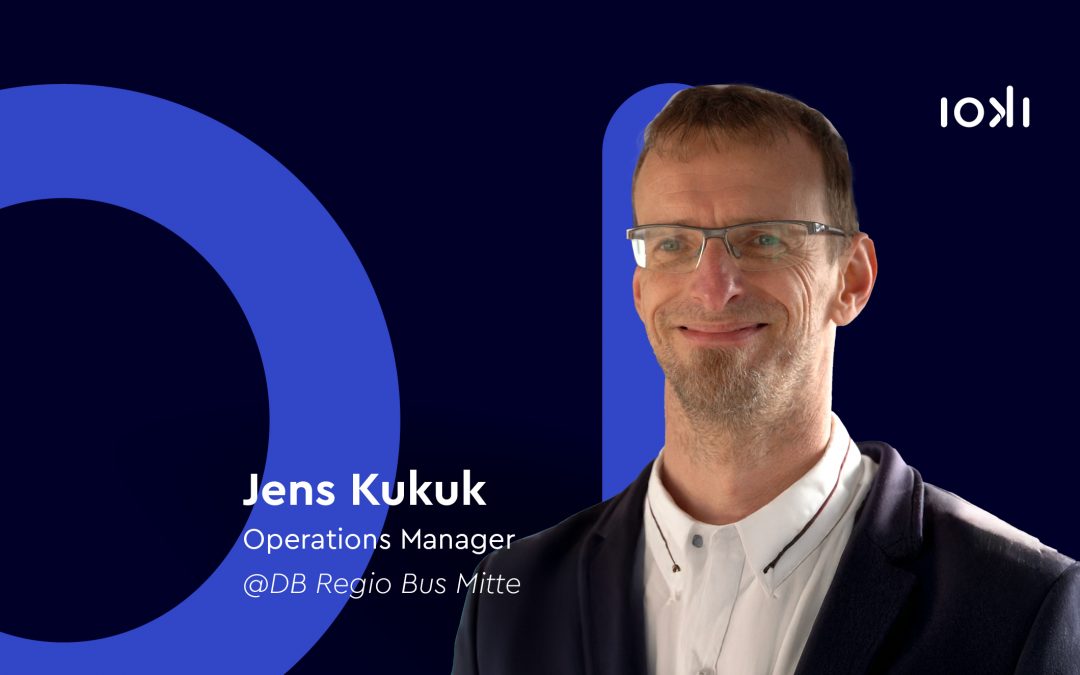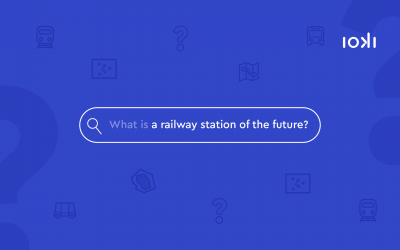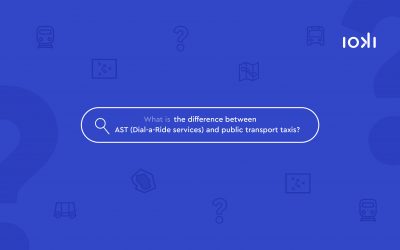New point of view
Since around 68% of commuters in Germany travel to work by car, companies also have a responsibility to rethink mobility and restructure their existing mobility offerings. The concept of corporate mobility management can help here. It identifies tailor-made solutions that can be integrated into the living and working environments of employees and includes all available offers: away from the classic fleet concept and towards a broad range of services consisting ridepooling, car sharing, e-mobility or shuttles. Classic offers such as a public transport ticket or a company bicycle can also be part of the mobility mix.
But how can new offers of company mobility be reconciled with the actual needs of the employees? In answering this question, it makes sense to first take stock:
How far is it for the employees to get to work? Is the company location well connected to public transport? How is the company’s own vehicle fleet set up? Once all these questions have been clarified, an innovative, tailor-made and above all, demand-oriented mobility offer can be developed to make company mobility more sustainable and efficient.
Win-Win-Win-Situation
When companies begin to reorganize their operational mobility, this has positive effect on the environment, employees and the customers.
German roads are unreasonable, especially at peak times. So if the car is the only choice that employees have to get to work, this can lead to increased stress levels and a massive loss of time. In short and drastically speaking: there is a decrease in quality of life. Adding sustainability in means of transport such as bicycles or pooling platforms to the vehicle fleet not only has economic consequences, but can also improve the quality of life of employees.
Beyond that the establishment of new mobility offers pays off however also on enterprise side clearly: Thanks to efficient solutions such as ridepooling, the fleet can be reduced in size while still meeting the individual mobility needs of employees. At the same time, every employee does something good for the environment by sharing a ride. Concepts like these can strengthen the employer brand at its core and improve the company’s image among employees and customers.
A green, entrepreneurial mindset is increasingly demanded by many skilled workers, junior staff and also customers and is indispensable in today’s age. Especially in order to conserve resources and make our planet a little bit greener again, companies should take the opportunity to rethink corporate mobility, especially in times of upheaval.



